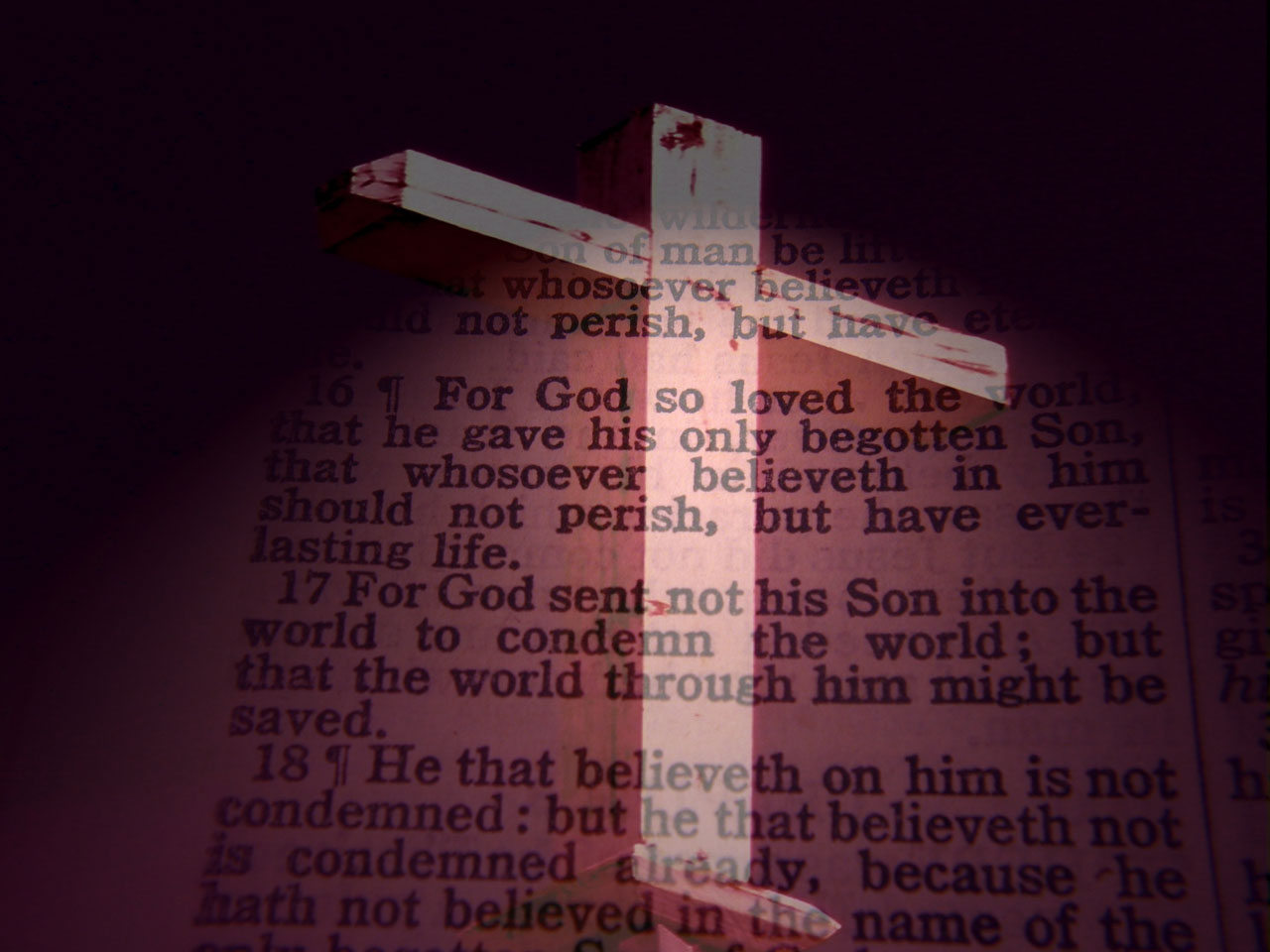Last week, at the
Bell County Expo, we heard at the annual meeting of the J.A.I.L. Ministry a
wonderful and emotional testimony of a mother whose son, a Navy officer,
committed and was convicted of murder. Carol Kent’s story of a mother’s
heartache over the sinfulness of her child and the overcoming love of a mother
was moving to say the least.
Imagine Adam and
Eve, knowing that their own sinfulness was now living out in their offspring,
and that they were to blame. They lost one son to death at the hands of his
brother, and then they lost the other son, who was banished to the east of
Eden.
All of humanity is
fallen and we as Christians need to see how horrific our sin is in order to
truly understand how great God’s love and forgiveness is and how greatly we are
in need of receiving and giving that same type of love and forgiveness.
Love for the
unlovely, unlovable, and unloving in no way excuses the sins of others, nor is
it our place to overlook the call for justice when evil occurs. In Carol Kent’s
story, her son is now active in prison, witnessing and leading others to the
same love and forgiveness that he received as a murderer.
When we look at
humanity, God’s call is not first to look outward, but inward. We need to admit
that there is no greater sin than my sin. Our sin, and no one else's sin, is
the only sin that God will hold us accountable for. We need to clearly see that
God loved us when we were totally and inescapably sinful.
Secondly our call
is to look upward. We need to put our faith and trust that not only are we in
sin and in great need of forgiveness, but we are also greatly loved by God. He
has sought us and saved us when we were lost and helpless. Our salvation does
not come based on how good we are (we are not that good) but how good He is.
How good is God?
“God so loved the world that He gave His one and only Son that whoever believes
in Him would not perish but have eternal life.” John 3:16. Our salvation is not
automatic, we must call on the name of the Lord to be saved.
Once we have called
on God and placed our faith in Christ, it is then and only then that we should
look outward, but not to condemn but to show the same love which God showed us
through Christ.
The past few days
we have been thinking and pondering about God’s love for humanity. If you are
wondering and even confused on how God saves the lost, whether you should be a
Calvinist, an Amyraldist, or an Arminian, perhaps you should do what Jesus told
Peter who was wondering about John.
21Peter, seeing (John), said to Jesus,
“But Lord, what about this man?” 22Jesus
said to him, “If I will that he remain till I come, what is that to you? You
follow Me.”
God is God and He
will judge the wicked. He has not called us to be judge nor jury on the guilty.
That is, as they say, “above our paygrade.” He has called us to love and be the
proclaimer of God’s glory which is extended to humanity and to be merciful as
He is merciful, to forgive as He has forgiven, and to love as He has loved us.
The
following is an outline of Believe, Chapter 7 on Humanity.
1. Created in the
Image of the Lord .................................. Gen. 1:1-21
2. Cain’s
Inherited Lostness ........................... Gen 4:1-16, Jude 1:1-16
3. Creation
indicted by the Law ..... Rom. 1:18-32, Rom 2:17-24, Rom 3:9-20
4. Compassion’s
Invincible Love ................. Hos
1:1-3, 3:1-3, 11:1-11
5. Christ’s
Invitation is Limitless ...................... Various John passages
6. Christ
Illustrates the Lost ............................................Matt 18:1-14
7. Christians
Instructed to Love and Forgive ... Luke 6:27-36, Philemon 1:1-25












